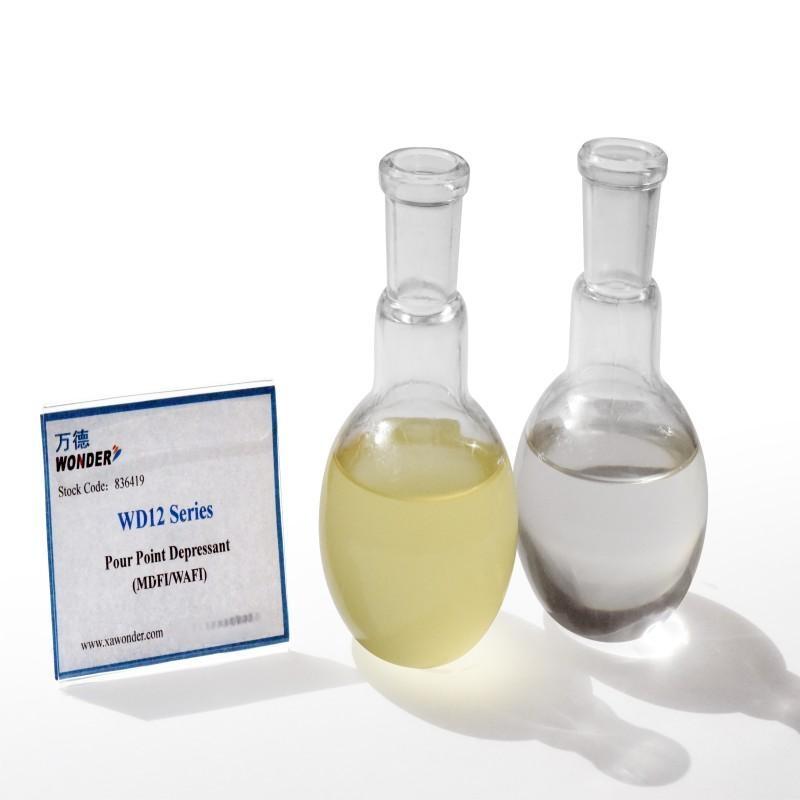-
Categories
-
Pharmaceutical Intermediates
-
Active Pharmaceutical Ingredients
-
Food Additives
- Industrial Coatings
- Agrochemicals
- Dyes and Pigments
- Surfactant
- Flavors and Fragrances
- Chemical Reagents
- Catalyst and Auxiliary
- Natural Products
- Inorganic Chemistry
-
Organic Chemistry
-
Biochemical Engineering
- Analytical Chemistry
-
Cosmetic Ingredient
- Water Treatment Chemical
-
Pharmaceutical Intermediates
Promotion
ECHEMI Mall
Wholesale
Weekly Price
Exhibition
News
-
Trade Service
According to a report by the Russian Satellite News Agency on December 4, Russian Deputy Prime Minister Alexander Novak said that Russia's attitude towards the "oil price ceiling" policy has not changed, which is a barbaric and non-market tool, and Russia will only export oil and petroleum products to countries that purchase energy at market prices, even if it has to reduce production
.
Data map: A tanker docks at the ISAB refinery terminal in Sicily, southern Italy, on May 31
.
ISAB is owned
by Russian multinational energy company Lukoil.
Novak also said that Russia does not intend to use tools related to oil price orders set by the West, and is studying a mechanism to prohibit the use of price limit orders on Russian oil, regardless of the price "ceiling" set
.
"Because this is interference, it will only lead to greater market turmoil and energy gaps, and lead to less
investment," Novak said.
This is not only about oil, but also about other products on the market, not only for Russia, but also about other countries
.
”
On the other hand, OPEC+, a group of OPEC members and non-OPEC producers, met on December 4 and agreed not to make adjustments
to the current oil production policy.
In its statement, OPEC+ described the decision to cut production as "purely based on market considerations" and as "necessary and correct to stabilize the global oil market.
"
Recently, the European Union, the Group of Seven (G7) and Australia announced that they will set a price cap of $60 per barrel on Russian seaborne oil exports to hit Russia's oil revenues
.
Many Western media and experts believe that this limit price will not only not achieve the desired effect of the United States and its allies, but also face resistance in implementation, and will aggravate the turmoil
in the global energy market.
The British "Economist" magazine pointed out that the price limit order seems very shrewd, but Russia can use non-Western tankers and insurance companies affected by the price restriction order, which will lead to a decrease in oil exports and cause global oil prices to soar, "after all, the global energy system is far more flexible than people think"
.







